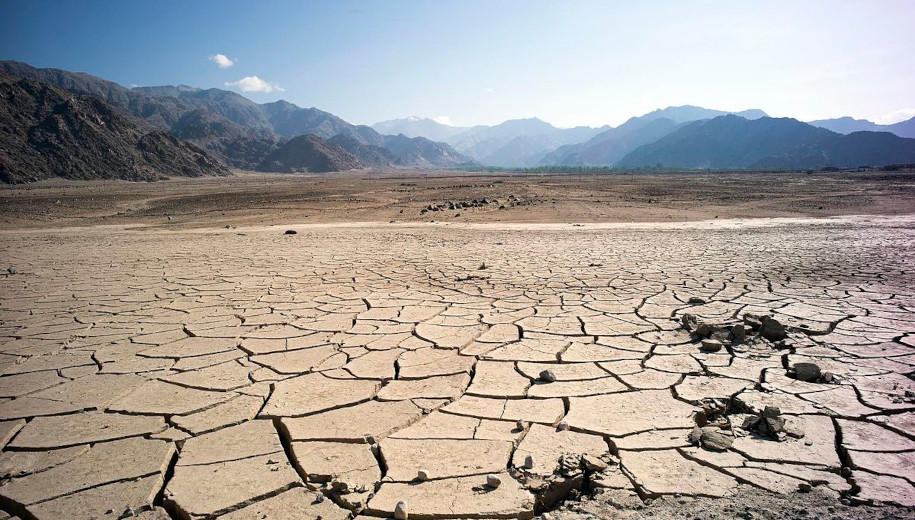10/06/21
Heat waves rise in India as climate change intensifies

Send to a friend
The details you provide on this page will not be used to send unsolicited email, and will not be sold to a 3rd party. See privacy policy.
[NEW DELHI] Severe heat waves, responsible for thousands of deaths across India over the last three decades, are now increasing in frequency due to climate change, says a new study.
During 1978 – 2014 there were 660 heat waves – defined as temperatures above the normal average and lasting two days or more – that caused the deaths of 12,273 people, says a new study published in Current Science.
According to the UN’s Intergovernmental Panel on Climate Change, the Earth has already warmed by one degree Celsius since the start of the Industrial Revolution and if the current trajectory is followed, temperatures may reach 1.5 degrees Celsius of warming by 2040.
“India, a tropical country, experiences severe heat wave conditions owing to its unique geographical and climatic setup,” says Omvir Singh, professor of geography at the Kurukshetra University in India and a lead author of the study. “When global extreme temperature-related fatalities are examined, India is seen as the most severely affected country.”
“When global extreme temperature-related fatalities are examined, India is seen as the most severely affected country”
Omvir Singh, Kurukshetra University
Heat waves accompanied by humidity pose a major threat to human life in India. A study published earlier this year in the Quarterly Journal of the Royal Meteorological Society says deadly Indian heatwaves are increasing in recent years and attributed it to the amplification of Arctic warming.
K. Sahadevan, an environmentalist and member of the South Asian People’s Action on Climate Change, a regional coalition of individuals and organisations, says that heat waves account for approximately 90 per cent of the total extreme temperature events related fatalities in the region.
“Heat waves affect the socio-economic life of people and lead to crop failures and wildfires that affect food security,” Sahadevan tells SciDev.Net. “Greater efforts are needed to understand the large-scale environmental factors that generate heat wave conditions to reduce impacts.”
M.K. Prasad, former member of the UN’s Millennium Ecosystem Assessment Board, says that as global carbon dioxide emissions continue to rise, heat waves are likely to become more frequent and more intense.
The study also observed noticeable variation in the count of male fatalities over women and children which they attributed to greater exposure outdoors.
“Individuals employed in outdoor activities, who are socially cut off and economically deprived, are exceedingly susceptible to causality in severe heat wave disaster,” says Preeti Malik, an author of the study.
The Indian government does not recognize heat waves as potential threat to human lives. The National Disaster Management Act and the National Policy on Disaster Management do not include heat wave fatalities in their list of natural calamities and so no budgetary allocation is made to address the problem.
This piece was produced by SciDev.Net’s Asia & Pacific desk.














